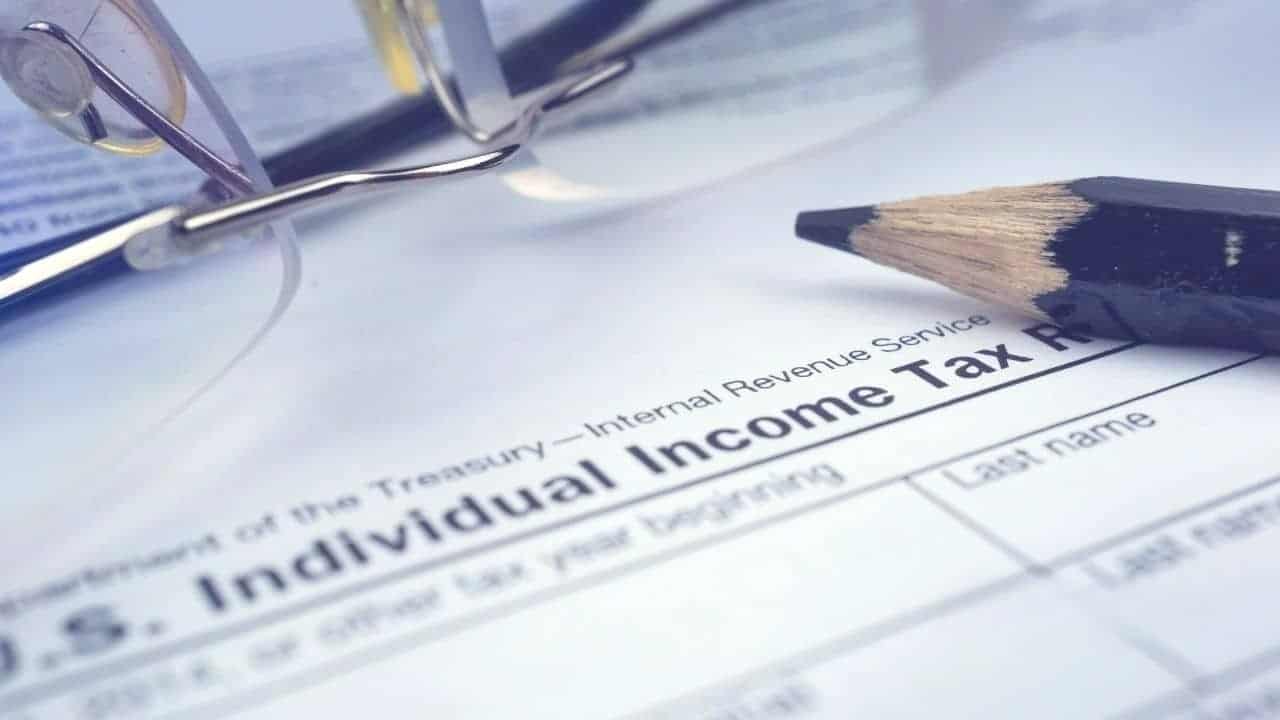There are so many things to worry about in a divorce case, that you might put taxes at the bottom of your list, or not think of them at all. However, tax implications should be factored into all settlement negotiations. Consulting a tax professional early on can help you understand how divorce will change your tax situation. The property, assets, and support (spousal or child) you receive will have a direct impact on your taxes. In this article we discuss important tax considerations for divorcing couples in Illinois.
What Happens to My Tax Filing Status After Divorce?
One of the most noticeable changes to your tax situation after divorce, and perhaps even during the divorce process, will be your tax filing status. Most couples file their taxes together and designate “married” on their returns. That “married” tax filing status usually allows you to get the largest tax benefit as a couple. During the divorce process, for various reasons such as tax liabilities or legal strategies, you and your spouse might opt to file as “married filing separately.” However, this is usually not beneficial unless it’s done to protect one spouse from the other’s tax issues. In some cases, a judge can even direct how the parties should file and decide how any tax refunds will be divided.
Once your divorce is finalized, your filing status is determined by your marital status on December 31st. If your divorce is final by that date, you can file as “single” for that tax year. However, if you are still legally married, your only options are to file “married” or “married filing separately.” The other designation, “head of household,” can be used if, by the end of the year, you have not lived with your spouse for at least six (6) months, have had custody of a child for at least six (6) months, and have paid more than half of the costs to maintain the household. Make sure to consult with your attorney and a tax professional about how to file at each stage of the process.
How Are Spousal Support and Child Support Payments Taxed in Illinois?
In Illinois, and pursuant to Federal Law, for divorce judgments entered after December 31, 2018, maintenance (formerly known as alimony) is not taxable as income for the recipient spouse. It is also no longer deductible for the spouse who pays it. Child support follows the same treatment as maintenance. In Illinois, both are calculated using a formula based on net income. No taxes apply to either type of support.
Can I Claim My Child as a Dependent After Divorce?
Decisions about claiming your child as a dependent usually happen before the divorce finalizes. The divorce judgment will include specific language outlining who has the right to claim the child each year. Based on the parenting time schedule, one parent may receive the right to claim the child annually, or the court might direct parents to alternate or share the exemption, even if one parent holds most of the parenting time. Discuss your options with your attorney, considering the details of your case.
What Are the Tax Implications of Dividing Property in a Divorce?
Pursuant to Illinois family law, the court must equitably divide marital property in a divorce. Equitably does not necessarily mean equally; the court may split the property 50/50, 60/40, or even 75/25, depending on the circumstances. Regardless of the division percentages, any property or cash divided in a divorce and transferred between spouses is exempt from federal and state income tax.
What Happens to Retirement Accounts in a Divorce?
When dividing marital property, transfers of assets between spouses, including retirement accounts, do not incur taxes. However, what you do with the property, particularly retirement accounts, can affect your tax situation. If you roll over some or all of a retirement account—whether it’s an IRA, 401(k), or 403(b)—the funds remain tax-free. But if you withdraw the money instead of accepting the rollover, you may face tax consequences. Retirement account funds are subject to taxes, fees, and penalties if withdrawn before reaching the legal retirement age. Speak with your tax professional to fully understand these tax implications before withdrawing any retirement funds. Remember, receiving retirement assets in a divorce is different from receiving liquid assets like a bank account.
Visit our Guide to Property Division in Divorce to learn more
How Can I Minimize Tax Liabilities During
To reduce tax liabilities post-divorce, consult a tax professional regarding your filing status, asset treatment, and eligible deductions for future returns. Additionally, consider updating your will and beneficiary designations with an estate planner after the divorce.
The tax implications of divorce can significantly affect your financial future, so don’t wait until the last minute to address them. Consider these issues before making a settlement offer and while reviewing any proposals from your spouse. The first and most important step is finding an experienced divorce attorney who can guide you through the divorce process and advise you on tax matters as they arise. The knowledgeable attorneys at Anderson Boback & Marshall are here to help. Call today to schedule a free consultation with one of our skilled family law attorneys.
Key Takeaways: Tax Considerations for Divorcing Couples in Illinois
- Filing Status: Your tax filing status is determined by your marital status as of December 31. After divorce, you may file as “single” or “head of household” if eligible.
- Support Payments: Maintenance (alimony) and child support are not taxable or deductible under federal law.
- Claiming Dependents: Dependency exemptions are typically outlined in the divorce judgment. Ensure these agreements are clear.
- Property Division: Dividing property during divorce is tax-free, but actions like selling or withdrawing retirement funds can have tax consequences.
- Retirement Accounts: Transfers of retirement accounts are tax-free if handled correctly, but withdrawals may incur penalties and taxes.
Address tax considerations early in the divorce process to avoid surprises. Consult a tax professional and your attorney for guidance.
Anderson Boback & Marshall’s experienced family law attorneys can guide you through the divorce process and help ensure your agreements are comprehensive and fair. Contact us today to schedule a consultation.















